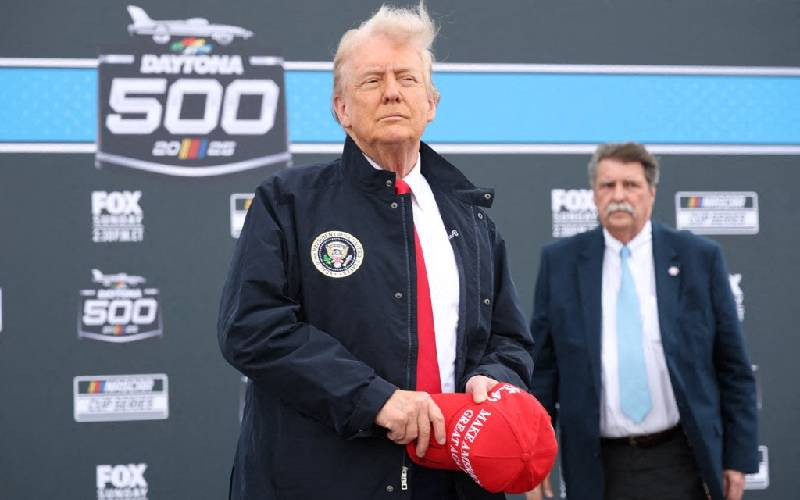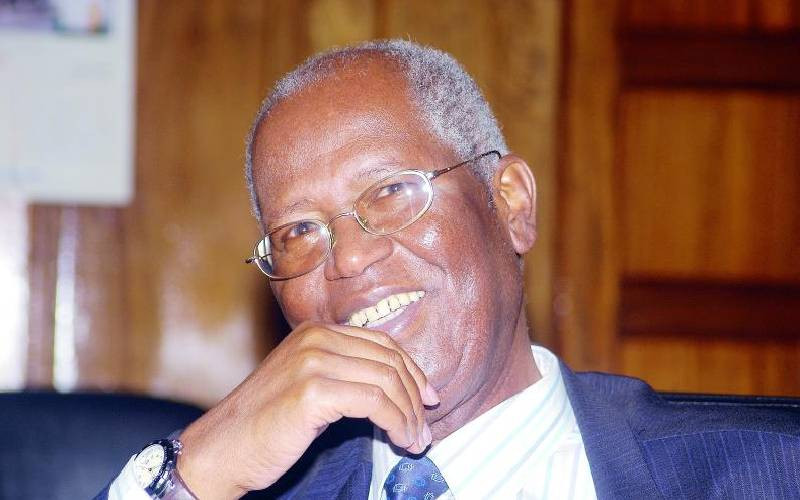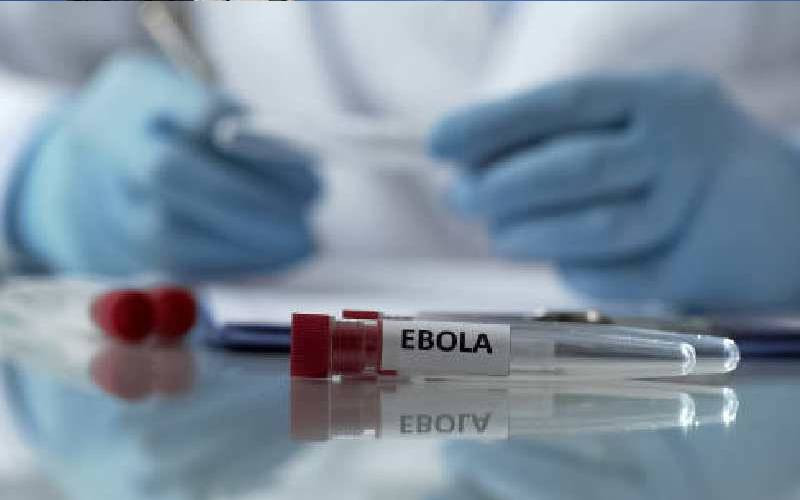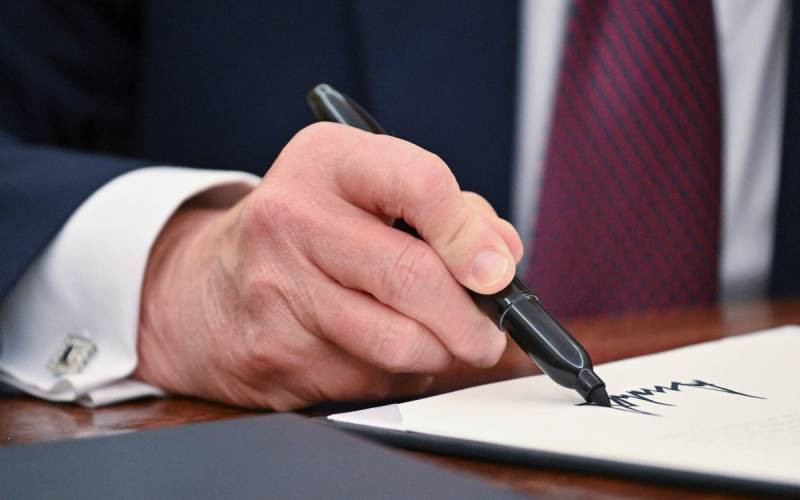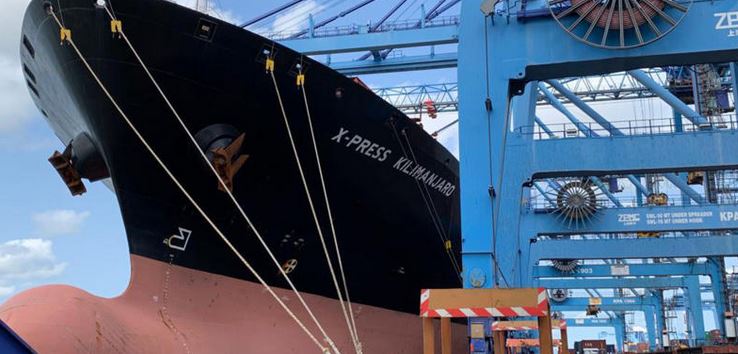
The country’s decision to withdraw state agencies, including medical inspectors, from the Mombasa Port could put at risk the health of Kenyans and other citizens of landlocked neighbouring countries.
President Uhuru Kenyatta lifted enhanced mechanisms put in place only two months earlier to tame the influx of counterfeit medicine into the country.
The World Health Organization (WHO) last year issued an alert on fake Augmentin found in Kenya and Uganda – its second warning about the discovery of the falsified antibiotic in Africa.
Until Kenyatta’s directive, Kenya’s Pharmacy and Poisons Board (PPB), Uganda’s National Drug Authority (NDA) and the Rwanda Food and Drugs Authority worked together to inspect imported medicine at Mombasa Port, the common port of entry for the three countries.
They also carried out batch-by-batch inspections of pharmaceutical products and identified high-risk traders who were then subjected to stricter checks.
This robust collaboration is now in limbo.
The state agencies previously assigned the role of inspecting imported cargo at the port were reduced from 30 to three.
The primary aim of this reduction was to accelerate cargo clearance. Most cargo is now pre-inspected at the port of origin for imported goods, including pharmaceutical products.
The WHO’s first alert came in 2018 after counterfeit medicine was found in the street markets of Douala, Cameroon.
It stated that ‘The packaging of the falsified product appears to be a close imitation of the genuine product manufactured by GSK (GlaxoSmithKline).’ According to media reports, GSK disowned the falsified version.
The WHO attributed the alert to intelligence from both Uganda’s NDA and Kenya’s PPB. This resulted from routine post marketing surveillance on the quality of medical products.
PPB CEO Dr Fred Siyoi told a media conference in Nairobi shortly after the alert that the two national institutions relayed the information to the WHO rapid alert system and INTERPOL.
Monitoring system Kenyan pharmaceutical industry stakeholders believe such vigilance could be compromised by Kenyatta’s decision, leading to rising cases of fake medicine entering the country. Unlicensed importers, whose falsified medicine imports have been stopped in the past, could take advantage of the PPB’s absence at the port.
Industry sources told the ENACT organised crime project they had petitioned against the presidential directive in the interest of public health.
Stay informed. Subscribe to our newsletter
Not everyone agrees though that the directive will lead to increased counterfeit medicine in the region. According to the PPB, 99 percent of the medicine in the country is currently of good quality.
‘There is no counterfeit medicine in Kenya; only 1 percent can be considered of poor quality,’ Dr Ronald Inyangala, PPB director in charge of trade, told ENACT.
However, Dr Anastasia Nyalita, chairperson of the Kenya Association of Pharmaceutical Industries, told ENACT that ‘only established brands are reported in case of any problem. Those related to counterfeits sold to unlicensed pharmacies go unreported for fear of causing alarm in the market.’
In Uganda, the NDA admits that 10 percent of the drug regimens in the country with substandard or counterfeit copies have been sold on the market.
Board chairman Dr Medard Bitekyerezo said that ‘the counterfeits enter the country through porous borders, across Lake Victoria.
The paper says Kenya and the Democratic Republic of Congo are said to be the origin of most of the fake medicine.
 The Standard Group Plc is a
multi-media organization with investments in media platforms spanning newspaper
print operations, television, radio broadcasting, digital and online services. The
Standard Group is recognized as a leading multi-media house in Kenya with a key
influence in matters of national and international interest.
The Standard Group Plc is a
multi-media organization with investments in media platforms spanning newspaper
print operations, television, radio broadcasting, digital and online services. The
Standard Group is recognized as a leading multi-media house in Kenya with a key
influence in matters of national and international interest.
 The Standard Group Plc is a
multi-media organization with investments in media platforms spanning newspaper
print operations, television, radio broadcasting, digital and online services. The
Standard Group is recognized as a leading multi-media house in Kenya with a key
influence in matters of national and international interest.
The Standard Group Plc is a
multi-media organization with investments in media platforms spanning newspaper
print operations, television, radio broadcasting, digital and online services. The
Standard Group is recognized as a leading multi-media house in Kenya with a key
influence in matters of national and international interest.


